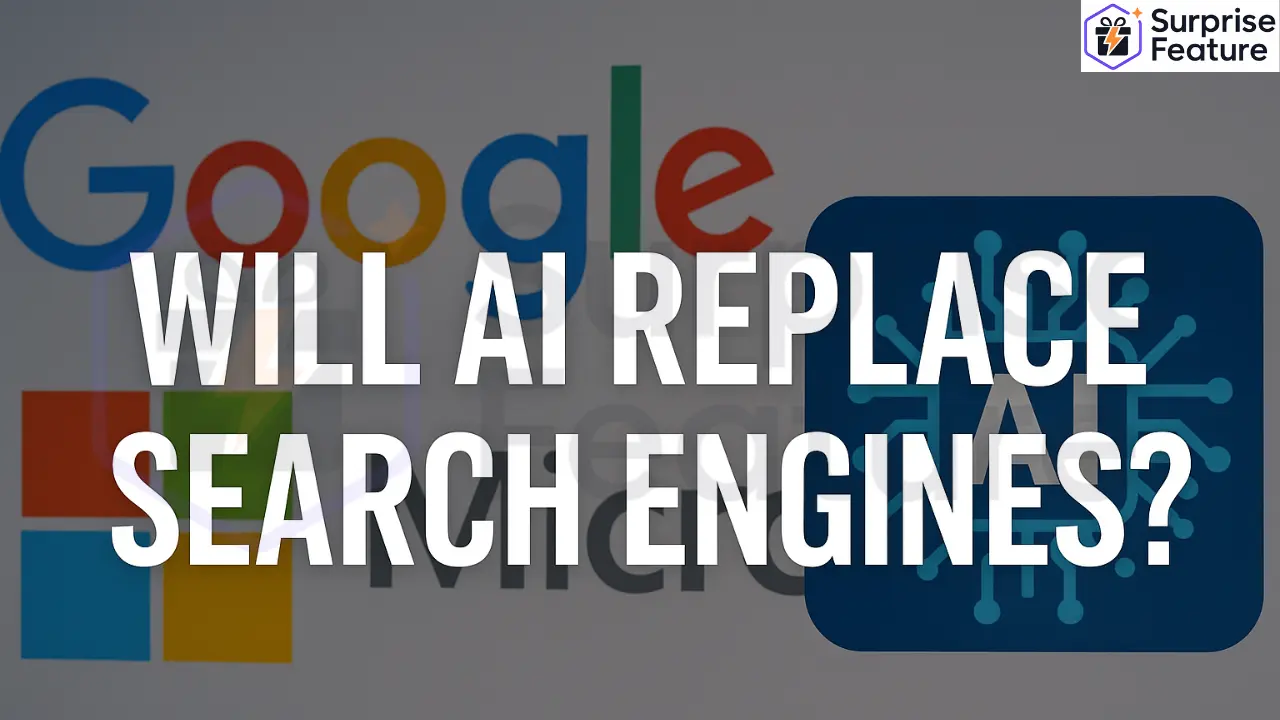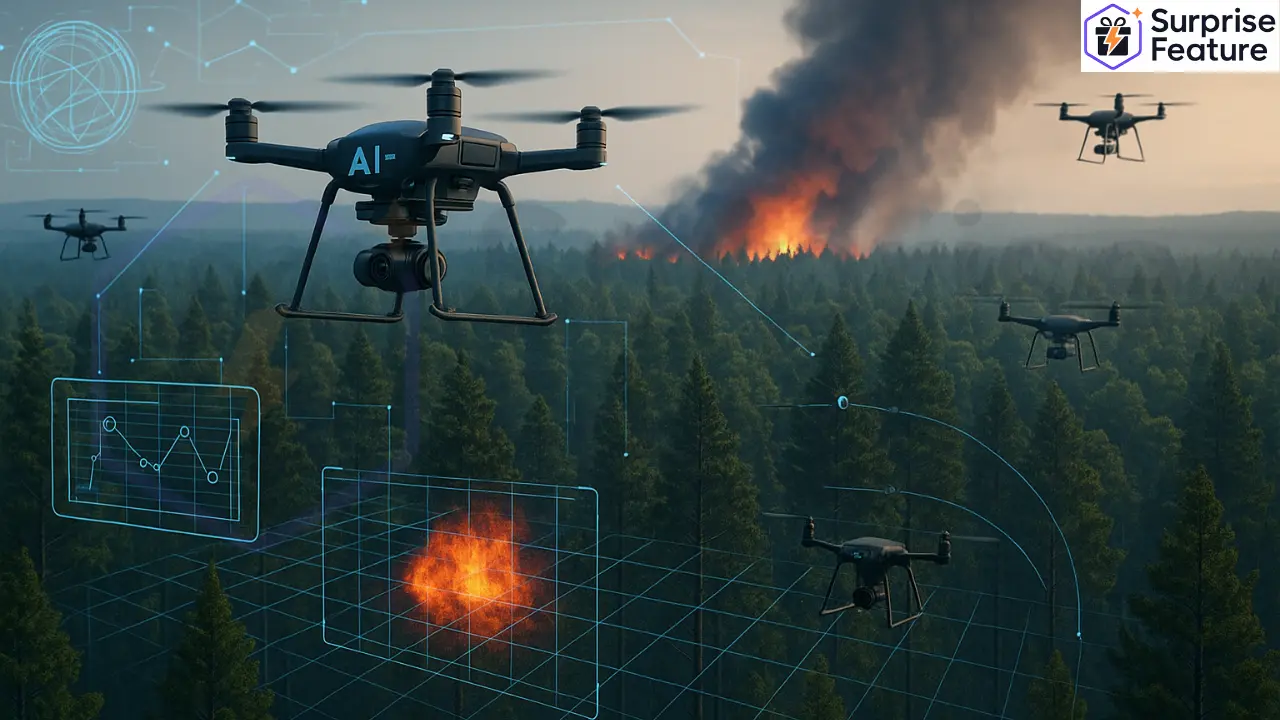Will AI Replace Search Engines? The Future of Google, Microsoft, and AI Startups in 2025

Introduction: The Search Engine Shift
Search engines have long been the gateway to the internet. For over two decades, Google defined how billions of people discovered information. Today, artificial intelligence is challenging that dominance, sparking debate over whether AI assistants will replace traditional search engines. On September 2, 2025, this question feels more relevant than ever as Google, Microsoft, and dozens of AI startups race to reshape the future of search.
Google’s Search Generative Experience (SGE)
Google has been experimenting with its Search Generative Experience (SGE), which blends traditional search results with AI-powered summaries. Instead of displaying only links, Google now offers conversational answers and content previews. This hybrid approach signals Google’s strategy: to maintain its search monopoly while integrating generative AI responsibly.
Microsoft’s Bing and Copilot Advantage
Microsoft, on the other hand, has gone all-in on AI. Its integration of Copilot with Bing and the Edge browser positions it as a direct competitor to Google. Bing’s AI-driven chat not only answers queries but also generates images, summarizes PDFs, and even drafts emails. While Bing’s global market share remains under 10%, AI has helped Microsoft win younger, tech-savvy users.
The Rise of AI Startups
Beyond Big Tech, startups are entering the search game. Tools like Perplexity AI, You.com, and Anthropic’s Claude Search are gaining traction by focusing on accuracy, transparency, and citation-based results. These platforms often highlight sources more clearly than Google, appealing to researchers and professionals.
Multimodal AI Search: The Next Step
The future of search isn’t just text-based. Multimodal AI—systems that combine text, voice, video, and images—is emerging as the next frontier. Imagine asking your phone to “find this recipe from a video” or “explain this chart I just photographed.” Google Gemini, OpenAI’s ChatGPT-5, and startups like Runway are already experimenting with such capabilities.
Will AI Replace Traditional Search Engines?
The real question isn’t whether AI will replace search engines, but how it will transform them. Traditional keyword searches are giving way to conversations. Instead of typing “best smartphones 2025,” users might ask: “Which phone under $800 has the best camera and battery life?” AI tools can deliver tailored, context-aware answers instantly—something static links struggle to match.
Global Implications for Businesses and SEO
For businesses, this shift has massive implications. SEO strategies that relied on keyword ranking may lose ground as AI-generated answers reduce traffic to websites. Instead, visibility in AI summaries, product databases, and verified content sources could become the new digital marketing battleground.
Conclusion: A New Era of Search
As of September 2025, AI is not replacing search engines entirely—but it is redefining them. Google is cautious but evolving, Microsoft is aggressive, and startups are innovative. The future of search will likely be a hybrid model where AI-driven assistants coexist with traditional engines, offering users both speed and depth. The battle for the “AI-first internet” has only just begun.

